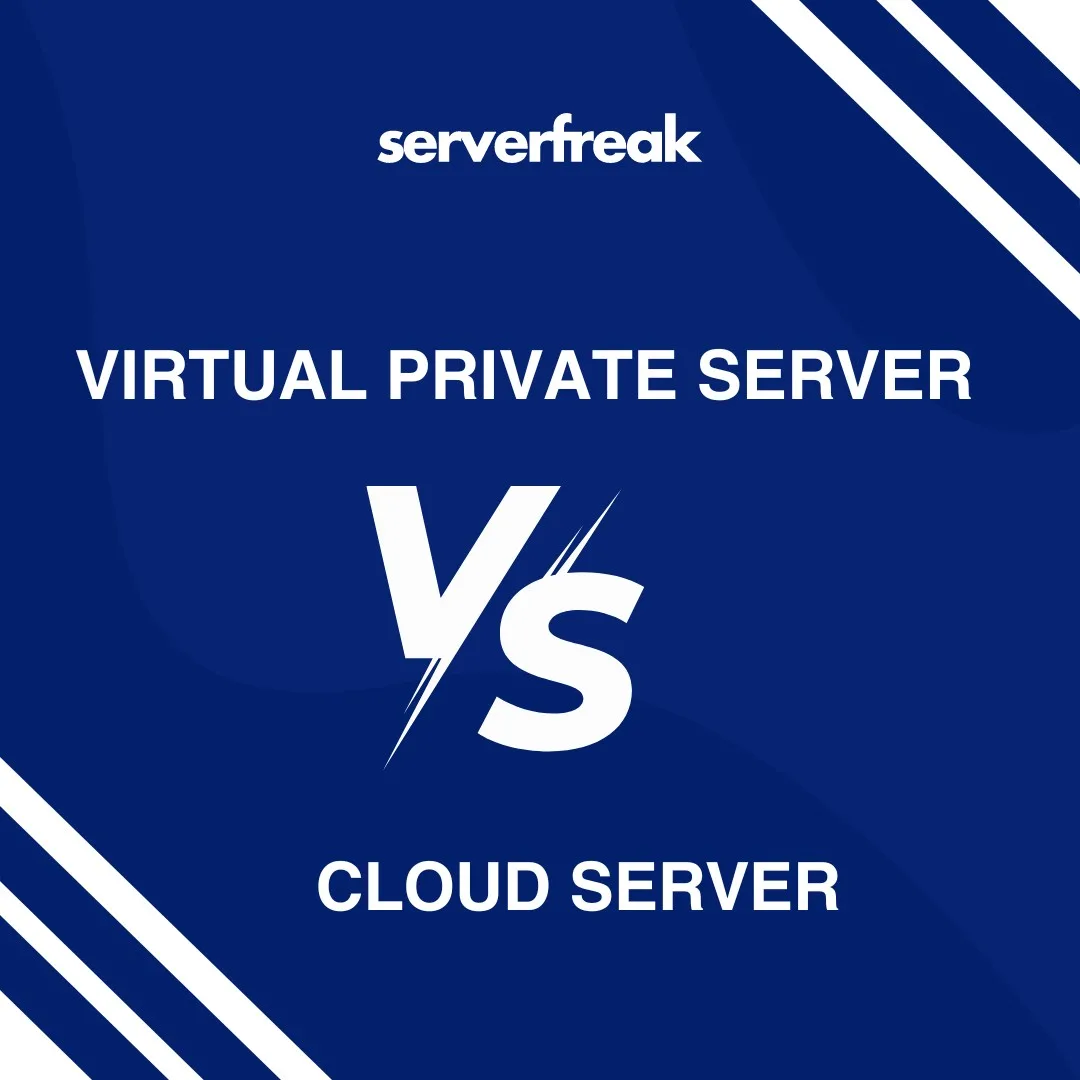Differences between VPS & Cloud Server
Thinking about moving up from a shared server but not sure which one to pick? Let’s learn about the differences between VPS and Cloud Server. These two hosting options are popular for hosting all sorts of things online, and they have their own unique setups, ability to grow, and ways of being managed.
Structure:
VPS: It’s a virtual server created from a physical server’s partitioning. Each VPS functions independently with its own resources and operating system.
Cloud Server: These servers are part of a distributed network, offering resources on-demand via virtualization.
Scalability:
VPS: Resource scaling involves manual adjustments, often causing downtime.
Cloud Server: Scalability is dynamic, allowing resources to adapt instantly to demand spikes without downtime.
Redundancy and Reliability:
VPS: Reliability varies by provider. There might be single points of failure.
Cloud Server: Built-in redundancy and high availability minimize downtime due to hardware issues.
Management:
VPS: Offers full control but requires manual management of security and updates.
Cloud Server: Managed services streamline tasks like provisioning and monitoring, though with potentially less control over infrastructure.
Essentially, VPS is well-suited for workloads that are consistent and predictable, granting users complete control over their server environment. In contrast, cloud servers offer not only dynamic scalability but also enhanced resilience, making them particularly advantageous for applications that undergo rapid changes and growth. This means that cloud servers can seamlessly adapt to fluctuations in demand and maintain reliable performance even during periods of high traffic or sudden spikes in activity, making them the preferred choice for businesses and organizations with evolving needs.
What is your choice? Get your server by clicking this link: VPS or Cloud Server

Hand-picked related articles
Ways to Improve Your Site’s Ranking (SEO)
Use these actionable tips to take your SEO to the next level and send your website ranking up to the top of the search engine rankings. Gain more visibility, drive organic traffic, and set your…
Benefits Of SEO
Whether it's a new business or growing one, just think of your business popping up on the first page when…
Who Should Use Shared Hosting
If you fall into any of the categories below, shared server hosting might be suitable for you: 1. Small Businesses…
ServerFreak is ISO 27001:2022 certified
Here are 5 great reasons to cheer Firstly, let us tell you about the cert. ISO 27001:2022 is the world’s…